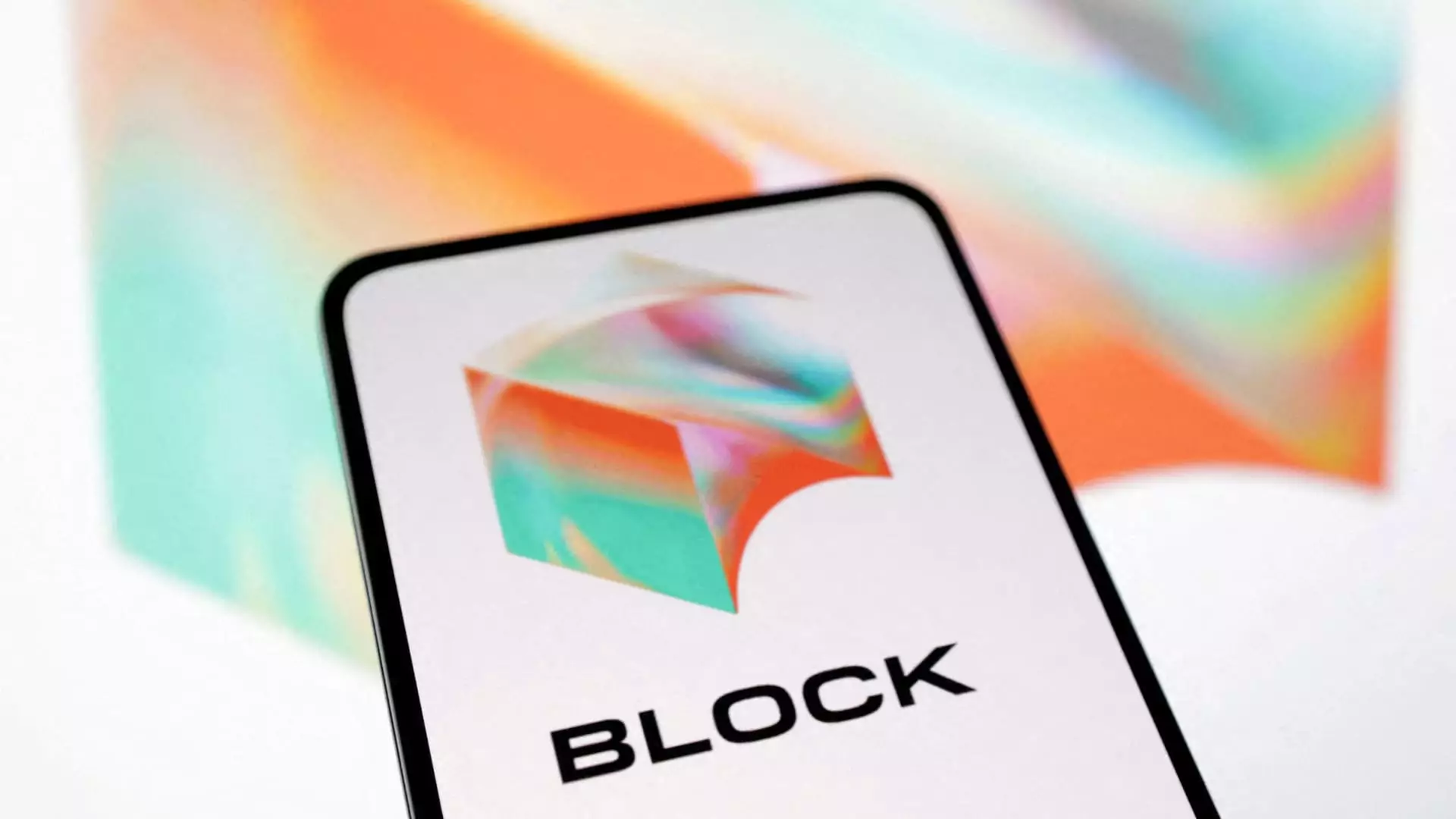Block, the company formerly recognized as Square, released its third-quarter earnings on Thursday, revealing a performance that diverged from Wall Street’s predictions. Investors reacted swiftly to this news, with the stock experiencing an initial plunge during after-hours trading before recovering much of the lost ground. This shift in stock performance underscores the complex nature of investor sentiment, where the overall profitability metrics momentarily overshadowed missing revenue expectations. The crux of the company’s third-quarter performance showed earnings slightly exceeding forecasts, with an adjusted earnings per share of 88 cents as compared to the anticipated 87 cents. However, total revenue fell short at $5.98 billion, compared to expectations of $6.24 billion.
Amidst these financial figures, Block’s emphasis on profitability rather than top-line revenue stood out. Chief Financial Officer Amrita Ahuja articulated to CNBC that the firm’s growth in gross profit—reporting $2.25 billion, which is a 19% increase year-over-year—held significant weight against the backdrop of weaker revenue figures. This perspective highlights a growing trend among technology companies: the prioritization of sustainable profitability over sheer revenue growth. The company’s net income also turned positive with a reported $283.7 million, a stark recovery from a loss of $88.7 million in the same period last year, showcasing a turning point in financial health.
The Cash App, Block’s flagship mobile payment platform, proves to be a pivotal component of the company’s overall profitability narrative. Contributing a substantial $1.31 billion in gross profit, representing a robust 21% increase from the previous year, Cash App’s growth solidifies its role as a cornerstone in the company’s revenue ecosystem. Further bolstering this narrative, the number of monthly active users utilizing the Cash App Card surpassed 24 million, demonstrating an 11% year-over-year increase. Despite this success, gross payment volume fell short of analyst estimates, totaling $62.4 billion against a forecast of $64.3 billion, slightly undermining the otherwise positive written record.
As Block positions itself for future growth, a key focus rests on its lending products. After acquiring Australian firm Afterpay for $29 billion in 2021, Block aims to redefine consumer lending. CEO Jack Dorsey conveyed in the quarterly shareholder letter that the goal is to transition Cash App Cards into a competitive alternative to traditional credit cards, particularly with the anticipated launch of Afterpay services integrated into the Cash App ecosystem. This aligns with a broader financial technology trend focusing on innovation in payment solutions to address consumer needs more effectively.
To manage risk in its lending services, Block employs artificial intelligence, allowing for agile underwriting processes. Ahuja shared that this technical approach has led to impressively low loss rates across various lending products, maintaining rates of approximately 1% for buy now, pay later services, 3% for Cash App borrow, and 4% for Square Loans. These figures suggest a healthy credit risk profile and a potentially strong future for the company’s lending sector.
In light of its strategic roadmap, Block continues to assess its investments. The company shared its decision to reduce investments in Tidal, the music streaming service, and to entirely phase out its Bitcoin-focused arm known as TBD. Such measures reflect an overarching commitment to streamline operations while navigating market demands. Notably, the company recently underwent layoffs, indicative of an ongoing effort to align its workforce with strategic goals amid pressures for profitability.
Furthermore, Block affirms its ongoing commitment to Bitcoin, illustrating the company’s rationale for maintaining accessibility. At the close of the quarter, Block’s balance sheet reported ownership of 8,300 Bitcoin, valued at approximately $630 million. This steadfast strategy points toward Block’s long-term positioning within the volatile cryptocurrency market while balancing focus on core payment and lending services.
Block’s third-quarter results represent both challenges and opportunities. While grappling with revenue shortfalls, the company exhibits resilience through profitability metrics and innovative lending strategies, signaling a continued drive toward sustainable growth in an evolving fintech landscape.

